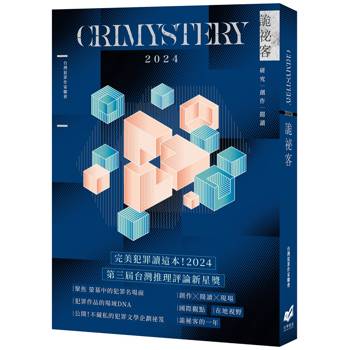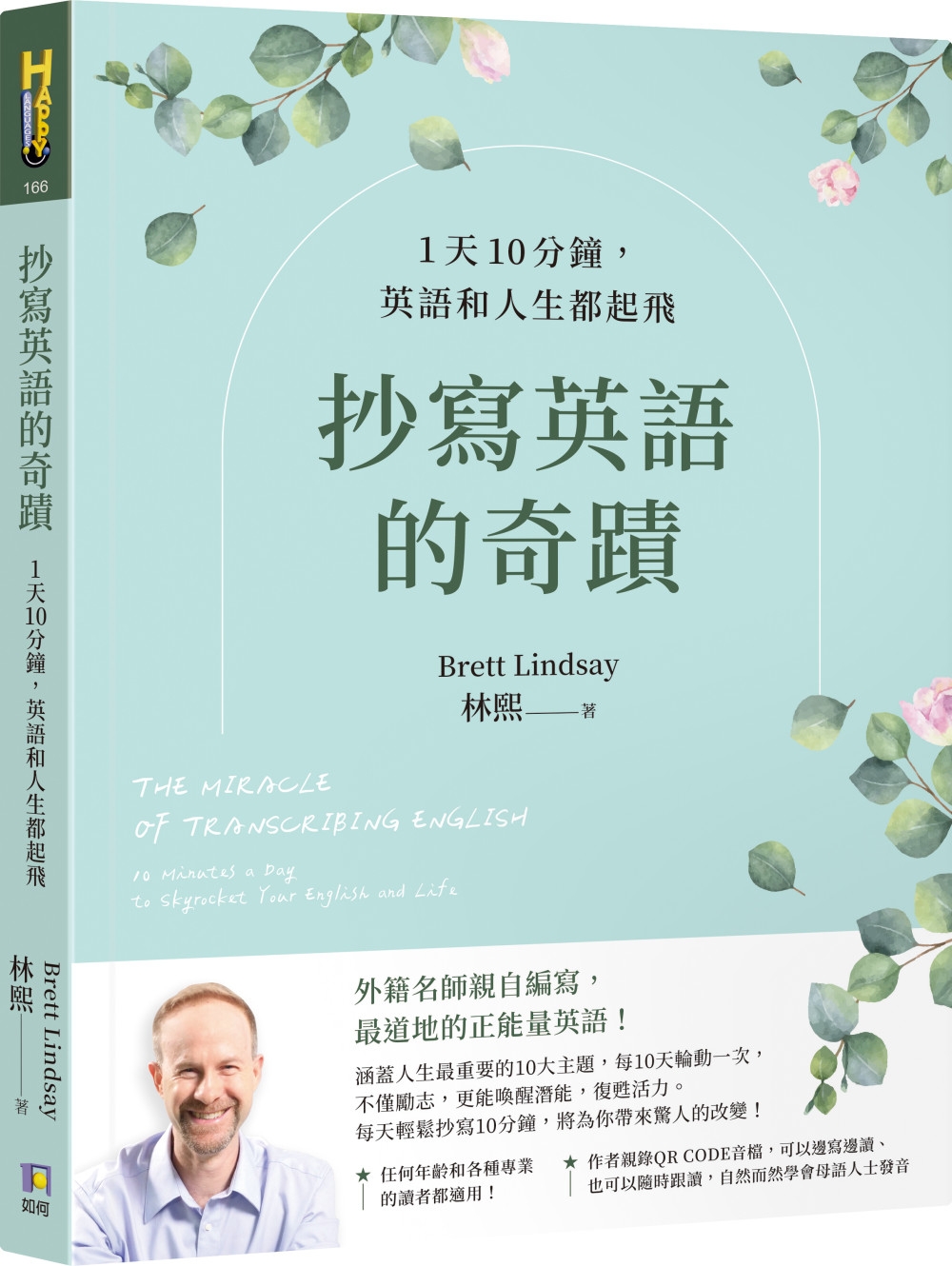Urban public land management was hampered by a lack of clear policies, strong institutions, transparency, public participation, and an inability to adequately control land use planning. The criteria for public land ownership were not clearly defined and assigned to the correct level of government. As a result, urban public land management in study areas still suffers from a lack of proper collection, scarcity, and inaccessibility of data. Furthermore, there was no minimal transfer of acquired land to private interests, and the expropriation was not only for a public purpose but also for the satisfaction of the interests of powerful individuals. The scope and limitations of the public purpose are unknown, and the expropriation power given to the state is more extensive and creates insecure ownership.
| FindBook |
|
有 1 項符合
Udessa的圖書 |
 |
$ 2585 | Public land Governance in Ethiopia
作者:Udessa 出版社:LAP Lambert Academic Publishing 出版日期:2024-06-06 語言:英文 規格:平裝 / 56頁 / 22.86 x 15.24 x 0.33 cm / 普通級/ 初版  看圖書介紹 看圖書介紹
|
|
|
圖書介紹 - 資料來源:博客來 評分:
圖書名稱:Public land Governance in Ethiopia
|











